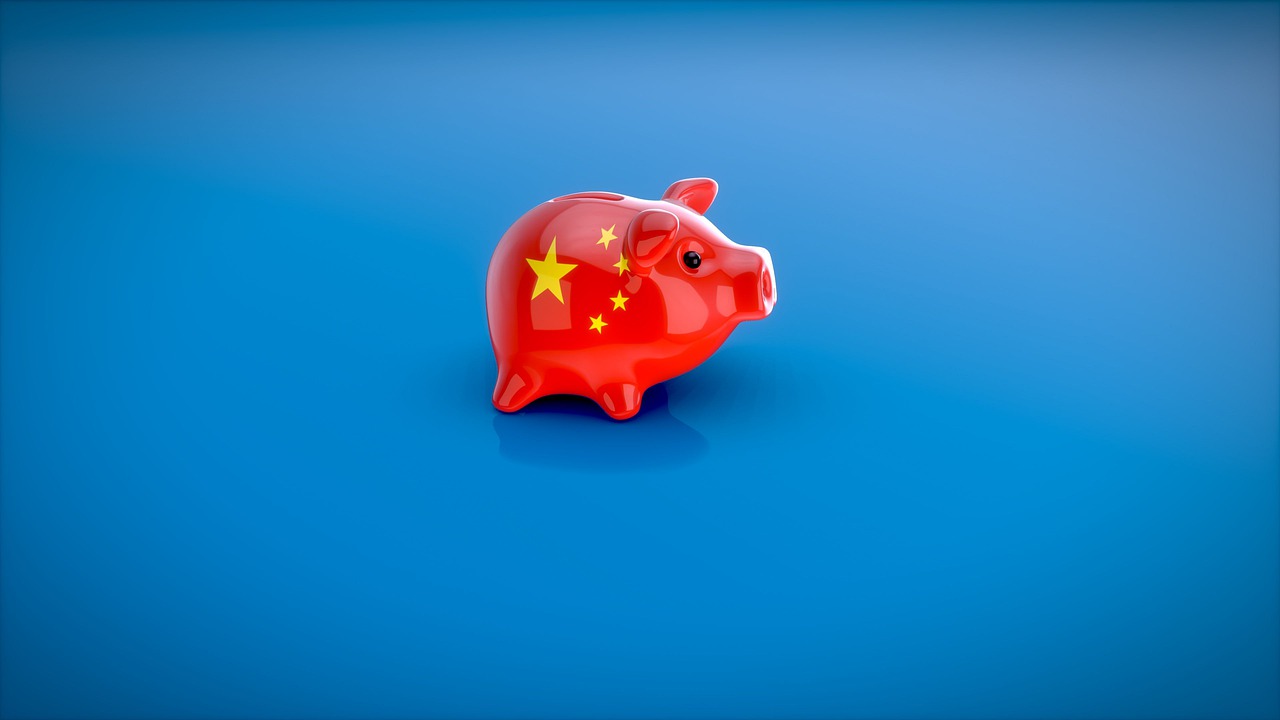
Over the past two decades, Chinese investment in Africa has increased dramatically, and China is now a vital role in the continent's economic growth. While Chinese investments have benefited Africa in specific ways, such as increased trade and infrastructure development, they have also caused problems and had a negative effect on the region. The following are some detrimental effects of Chinese investment in Africa.
The problem of debt is one of the main worries. Chinese loans to African nations have significantly expanded, frequently financing infrastructure projects. The sustainability of the debt, however, has been questioned due to the terms of these loans. Due to their enormous debt loads, certain African nations are now worried about their financial stability and reliance on China. The repayment of these loans may put pressure on the financial stability of African governments, taking money away from vital services and social development.
The absence of accountability and openness has another harmful effect. African Chinese investment projects have frequently come under fire for their lack of openness on contract terms, environmental impact analyses, and labor laws. Due to the lack of transparency, holding African governments and Chinese investors responsible for any potential negative effects of these projects, such as environmental destruction and labor exploitation, is challenging.
Chinese investment has also been charged with harming regional markets and industries. Chinese businesses frequently bring their workforce and materials, which restricts local communities' access to employment prospects and stunts regional industry development. This may raise competition for African companies and make it more difficult for them to compete fairly.

Concerns exist surrounding the use of Africa's natural resources as well. Environmental deterioration and societal unrest have resulted from Chinese investments in industries like mining and oil production. Some Chinese corporations' extraction methods have drawn criticism for their disrespect for environmental laws and residents' rights, resulting in land displacement and ecological harm.
However, some detractors contend that Chinese aid to Africa fosters a neocolonial relationship in which China gains economically and African nations depend on Chinese aid and resources. The ability of African countries to negotiate just conditions and regulations that prioritize their development objectives and long-term sustainability may be constrained by these unequal power dynamics.
What Are the Advantages of Chinese Investment in Africa
Chinese investments in Africa have helped some poor African countries in many capacities. Statistically, China has accounted for 40% of major projects in Africa since 2011. Some of these projects include the construction of a $12 billion railway project in Nigeria, an $11 billion mega seaport, and an economic zone in Bagamoyo, to mention a few. The analysis also showed that China is doing all this at a very cheaper rate compared to what is applicable with other traditional source of securing loans, e.g., World Bank, IMF, etc.

It is no more news that Africa is rich in natural resources, which most of these countries can't afford to explore, considering the technological and financial requirements it needs to be done. By accessing these loans, countries like this are given the required finance and, most of the time, the necessary technology to start this project – although it all depends on the terms of the agreement. Programs like this have grossly increased the employment and investment opportunities in each of these countries, allowing them to explore broader areas of their economic future.
Conclusion
Chinese investment in Africa has both positive and bad effects. While issues like neo-colonialism, the sustainability of debt, a lack of accountability and transparency, the undermining of domestic industry, and environmental destruction remain the real issue, African leaders must prioritize the fight against it for the overall preservation of the continent. African governments need to negotiate open and equitable agreements, prioritize long-term development objectives, and ensure that Chinese investment in Africa is mutually beneficial and sustainable.





